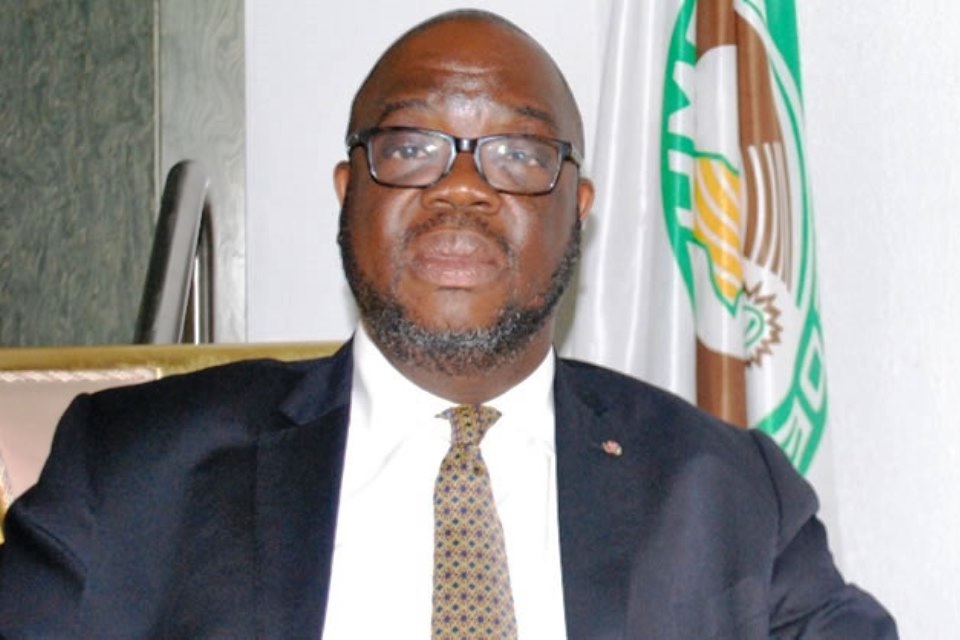Edwin Melvin Snowe Junior, Co-chair of the ECOWAS joint committees on Social Affairs, Gender and Women Empowerment, Legal Affairs and Human Rights, Political Affairs, Peace, Security and African Peer Review Mechanism (MAEP), Legal and Human Rights, Trade Customs and Free Movement, has rubbished the insinuation that the regional bloc’s free movement protocols was threatening member states’ security.
Border officials had on Wednesday said they place the security of their respective countries and people ahead of the implementation of the ECOWAS free movement protocols.
They made this disclosure during the ECOWAS parliament joint committees’ interactive session with security officials of the Karang-Amdalai border (border between Gambia and Senegal) as part of activities to identify issues hindering the smooth implementation of the regional bloc’s free movement protocols.
However, during an interview with journalists in Banjul, Gambia at the end of the week-long delocalised joint committee meeting, Sen. Snowe Jr said implementation of the regional bloc’s free movement protocol would not undermine regional security.
- Former Kaduna Chief Judge, Justice Tanimu Zailani, is dead
- Napoli saga: I felt pain in Osimhen’s voice when we spoke – Ighalo
He said, “We are not preventing anyone from doing security jobs, we are all adults and we knew where they were coming from.
“There is nowhere in our protocol that we asked the state security not to take the necessary security precautions because in the end of the day, we are our brother’s keeper.
“So, we are not downgrading security but what we are asking them to do is to respect the protocol of free movement.
“Free movement does not mean you should not check security but you can not intimidate the citizens, you can not take money from them, you can not extort them.
“You are asking each vehicle to pay 5000 CFA. How can paying 5000 CFA without a receipt equate with security?
“So, what we are talking about is not to compromise the security of any member state but to ensure that our citizens can move freely within the region.”
The lawmaker however acknowledged that more sensitisation was needed to get the message down to all citizens of the Community and security officials at the borders.
“We want to do more awareness. Many citizens have not heard about the protocols, they don’t know the protocols.
“We want to make copies of the different protocols and distribute them widely to customs, Immigration and others so that they can have a copy of the protocol and respect the protocols.
“We also must do it in social media, in the schools for our students to know because some students do not know about these protocols,” he said.
Also, Hon. Maimuna Ceesay, a Member of the ECOWAS Parliament, wants the heads of security agencies at the borders to monitor the activities of their subordinates.
While narrating her experience when she tried to transport goods to the Gambia through the Senegal borders, Hon Ceesay said she was extorted by security officials.
She agreed that more sensitization was needed to ensure the success of the initiative.
The joint committee has therefore recommended in its draft report “robust sensitisation campaigns in order to educate both citizens and relevant government officials on regional Texts such as the Protocol on Free Movement.”
“The Free Movement Protocol should be made available to all Immigration Officers, especially at the border posts. All training exercises of Immigration and Customs officials should include training on the relevant Community Texts.”

 Join Daily Trust WhatsApp Community For Quick Access To News and Happenings Around You.
Join Daily Trust WhatsApp Community For Quick Access To News and Happenings Around You.
![Ajaokuta-Kaduna-Kano [AKK] gas pipeline project](https://dailytrust.com/wp-content/uploads/2020/07/gas-pipeline-150x150.jpg)

